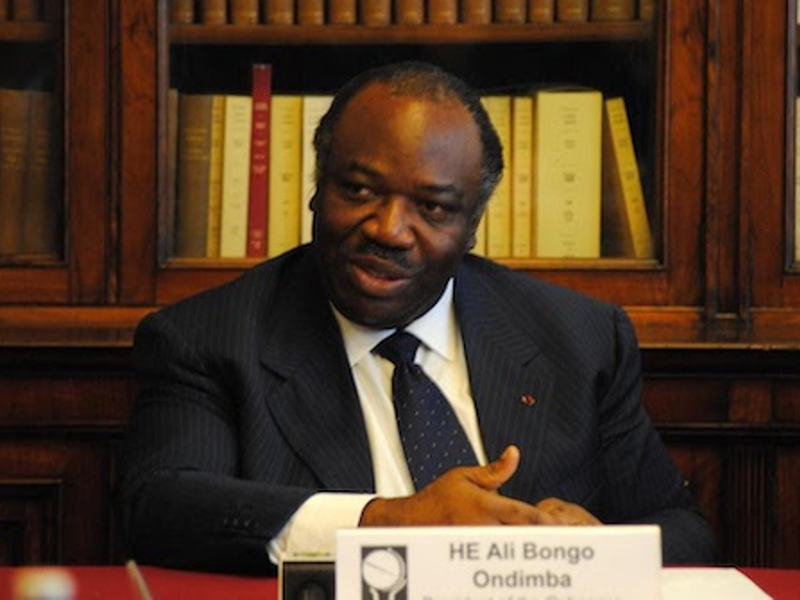
August 17th, 1960, Gabon gained independence from France. Join us as we celebrate this beautiful country by giving a brief outline of its history and culture.

(Gabonese woman)
The original people of Gabon were the African Foragers or African Pygmies. Today, the Bantu tribe dominate the region in its varying sub-tribes. There are over 40 groups in the country, with the Fang, Nzebi, Myene and Bandjabi being the majority.

(Gabonese people in 1905)
This country was colonized by the French, and is named after the Portuguese word for cloak, ‘gabao,’ a term the Portuguese used to describe the Komo River in the country. 85% of Gabon is covered in a forest, and the country is home to over 200 mammal species, as well as more than 600 species of birds.

(The Grey Parrot of Gabon)
Before its independence, Gabon was a fourth of the countries that made up the French Equatorial Africa, alongside Chad, Central African Republic and the Republic of Congo. Post-independence, this Central African country has had only three presidents. Gabon’s first president, Leon M’Ba, restricted freedom of speech and enforced dictatorship practices. When M’Ba died in 1968, his former vice president, Omar Bongo stepped up as president and maintained his position for 41 years, from 1968-2009. After Omar Bongo Ondimba died in office, his son, Ali Bongo Ondimba was elected. In 2016, HE Ali Bongo was re-elected for a second seven year term.

(President Ali Bongo Ondimba)
This country’s capital is Libreville, and its port and economic capital is Port Gentil. A third of the country’s population lives in poverty despite its natural resources of petroleum, gold, diamond, cement, manganese, niobium, uranium and more. Although Gabon is one of the most politically firm and economically advanced countries in Africa, the natural resources vs economic wealth disparity is a common theme regarding African countries. According to the World Bank, more than four out of five Gabonese people live in the city, indicating it has one of the highest urbanization rates on the continent. Its economy is dominated by oil, and has been ranked as the fifth largest oil exporter in Africa.

(Libreville, Gabon’s capital)
Gabon’s main dishes include rice, yam, cassava and plantain paired with soups and stews. Some of their meals are cassava Fufu, Mustard Chicken, Bambara or rice porridge, Groundnut Stew, Cassava Leaf and more. Due to colonialism, French cuisine has infiltrated their culture. Beignets or deep fried donuts are very common.

(Poisson Sale, or Gabonese Salted Cod Stew)
Gabon does not have much ethnic conflicts due to many of the tribes intermarrying. Many groups can trace their lineage back to a single ancestor, so marrying a person from their tribe is seen as incest.

(Fang Byeri Head Artwork of Bantu)
Thank you for celebrating Gabon with us! Which African country have you always wanted to visit? Comment below!





